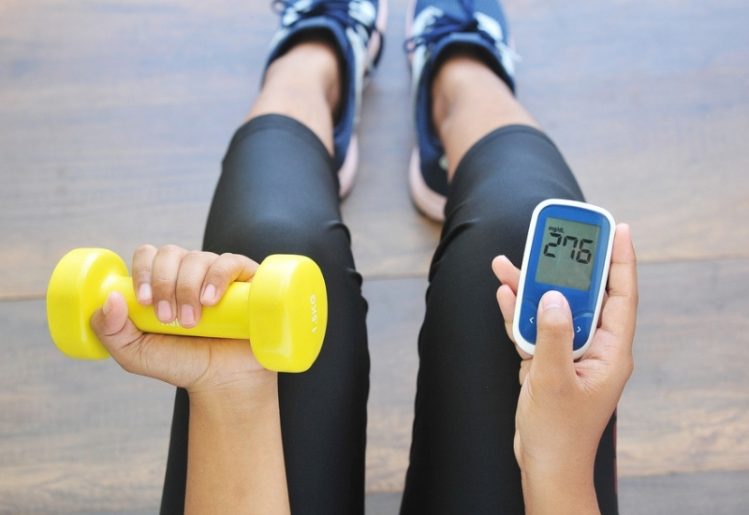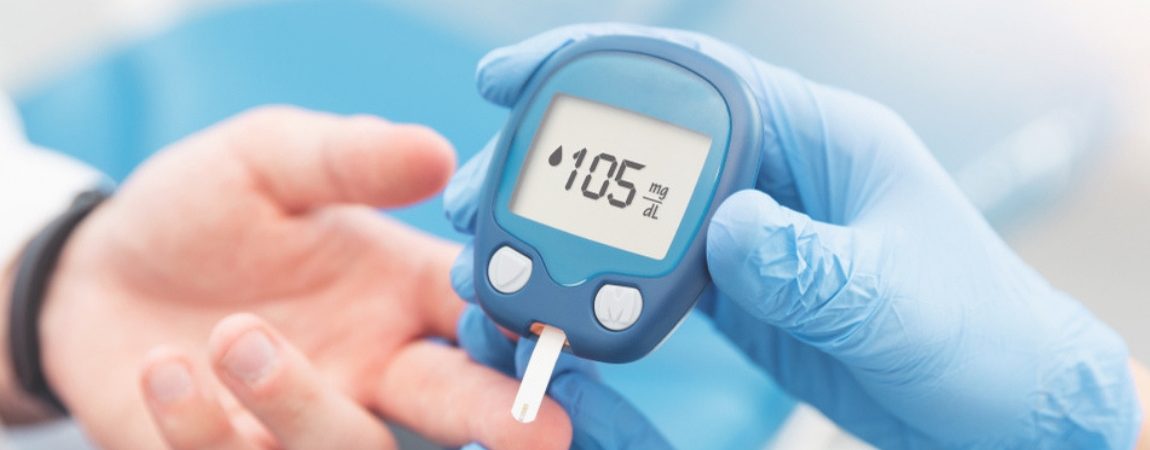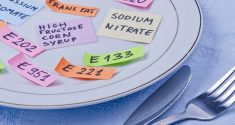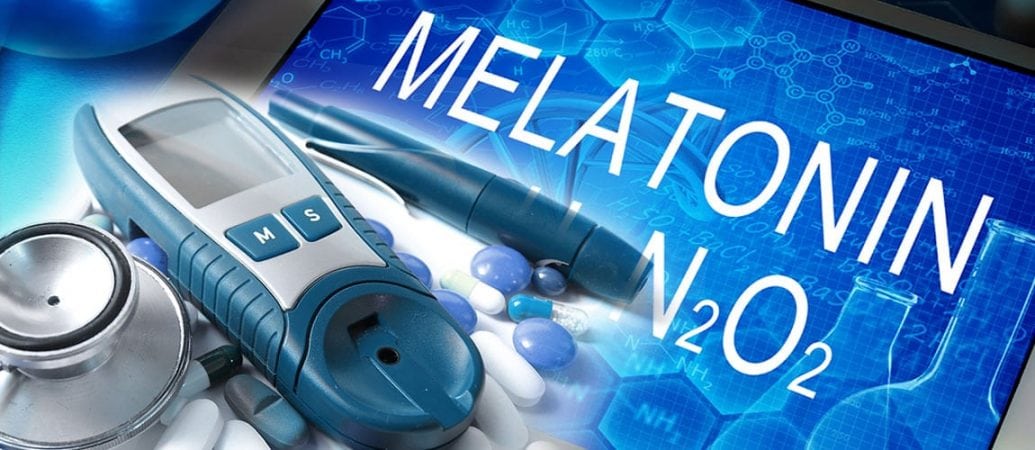Researchers Determine What Causes Diabetes
Your body's cells use sugar, or glucose, for energy. When you consume foods or beverages that contain sugar, a hormone called insulin pushes the sugar, or blood glucose, from the bloodstream to the various cells in your body. Once this occurs, the cells use the sugar as fuel, allowing them to function as they should. However in someone with type 2 diabetes, the cells don't respond to insulin as well as they used to. As a result, glucose levels continue to build up in the blood and the cells are deprived of the fuel they need to function. New research focused on exactly what causes diabetes and, in doing so, may have found a method for reversing the condition.
Diabetes Risk Factors
 There are many factors that can increase your risk of developing type 2 diabetes. While childhood diabetes is a little more rare, it is occurring more frequently among children who are overweight or obese. Inactivity also increases the risk of developing the condition in children and adults. Research has also found that hypertension and high cholesterol levels increase the risks of developing diabetes as you age.
There are many factors that can increase your risk of developing type 2 diabetes. While childhood diabetes is a little more rare, it is occurring more frequently among children who are overweight or obese. Inactivity also increases the risk of developing the condition in children and adults. Research has also found that hypertension and high cholesterol levels increase the risks of developing diabetes as you age.
In a new study, it was also found that consuming ultra-processed foods -- packaged foods that contain high amounts of additives and preservatives -- also compounds the risk of type 2 diabetes. In this study, conducted at the University of Paris Epidemiology and Statistics Research Center, researchers looked at how consuming ultra-processed foods affected the risk of developing diabetes. The study included 21,800 male participants and 82,907 women, and examined their dietary habits and health conditions over the course of a decade.
Measuring the amount of ultra-processed foods consumed by each subject on a daily basis, the team did confirm a link to a heightened risk for type 2 diabetes. While they couldn't say exactly which additives caused the increased risk, the researchers noted that certain additives, such as carrageenan, have been previously found to inhibit the processing of blood glucose. Other ingredients may contribute to the diabetes risk by increasing the body's insulin tolerance, or by inhibiting the production of insulin. The study's authors recommended limiting the consumption of ultra-processed foods to a minimum as a means of reducing the risk of developing diabetes.
Symptoms of Diabetes
If you suspect you have type 2 diabetes, or if you possess one or more of the risk factors previously discussed, you should consult your doctor immediately. This is especially true if you have observed any of the most common symptoms of the condition, which are listed below:
- increased thirst, accompanied by frequent urination
- increased appetite
- unexplained weight loss
- fatigue
- blurred vision
- sores or injuries that take longer to heal
New Research Uncovers What Causes Diabetes
Today, there are 422 million people living with diabetes throughout the world and 90 percent of those people suffer from type 2 diabetes. These numbers continue to grow year after year and, since there is no cure at this time, much research is focused on discovering what causes diabetes. While previous research has emphasized that it's possible to manage diabetes by living a healthier lifestyle, a recent clinical study discovered that one lifestyle change may actually reverse the condition. Specifically, the study found that losing a significant amount of weight could reverse the development of type 2 diabetes.
In the Diabetes Remission Clinical Trial (DiRECT), led by Professor Roy Taylor, researchers theorized that type 2 diabetes was instigated by too much fat production in the liver. The higher amounts of fat promote insulin resistance and blood glucose production, creating an ongoing cycle in which there's too much glucose in the blood for the body to use. Once the fat begins affecting the pancreas, the beta-cells contained within it, which are responsible for producing insulin, are harmed.
Professor Taylor suggests that losing a significant amount of weight will reduce the fat content in the liver and pancreas. As a result, the body will be better able to produce insulin and process sugar in the blood. Maintaining a healthy weight can help the body reverse type 2 diabetes in this way.
Natural Ways to Prevent Type 2 Diabetes
While there is still not a cure for type 2 diabetes, there are many actions you can take to help keep the condition from developing. The methods of prevention listed here can also be used to manage the condition if you have already been diagnosed with diabetes.
Increase Physical Activity
 While losing weight may help you reverse type 2 diabetes, continuing your exercise plan once you have achieved a healthy weight is equally important. While you should get a minimum of 30 minutes of moderate- to high-intensity physical activity each day, doing more will be beneficial. If you engage in different activities that help you burn calories and build muscle, you'll see better results in a faster amount of time.
While losing weight may help you reverse type 2 diabetes, continuing your exercise plan once you have achieved a healthy weight is equally important. While you should get a minimum of 30 minutes of moderate- to high-intensity physical activity each day, doing more will be beneficial. If you engage in different activities that help you burn calories and build muscle, you'll see better results in a faster amount of time.
Adopt a Healthier Diet
Eliminating sugar as much as possible from your diet and reducing your intake of carbs will also help you prevent the development of the disease. Since sugar and carbohydrates contribute to high blood glucose levels, this is an important step in both preventing and managing type 2 diabetes. Additionally, eating more plant-based foods will help you feel satisfied without building more fat.
Take a Supplement
Now that we know more about what vitamins and nutrients positively impact the processing of blood glucose, it's easier to obtain those beneficial compounds. Dietary supplements like Diabetichron, are engineered to provide the nutrients our bodies need to process sugar more efficiently. Improved insulin production and glucose processing will help your cells thrive and your organs function more efficiently.
Drink More Water
There are a couple of ways that drinking more water will help prevent or manage type 2 diabetes. First, water will help you maintain a fuller feeling, so you'll be less tempted to snack on ultra-processed foods and drink fewer sugary beverages. Second, the water will dilute your blood supply, making it easier to process glucose. This means your body will need to produce less insulin and the insulin it does produce will be used more efficiently.





